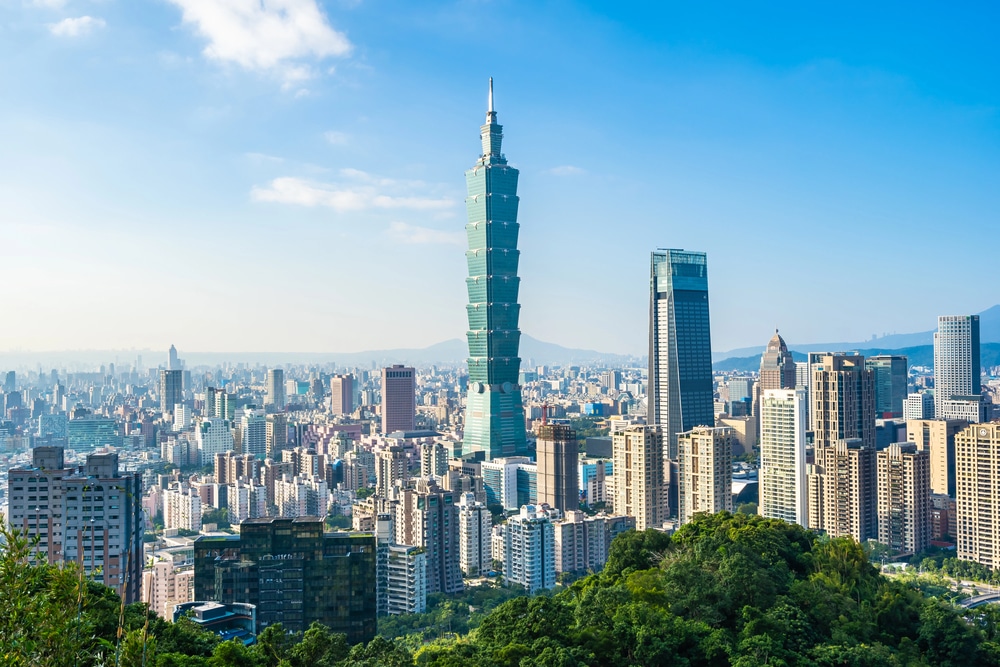When in the 1970s it became increasingly clear Taipei and its allies in the United States were no longer going to be able to postpone Washington’s recognition of the Chinese Communist Party government in Beijing, the longtime dictator of Taiwan, Chiang Kai-shek, grasped for a solution to the problem of how his regime was to survive de-recognition as the official government of China.
The answer? Democratization.
This strategy, which his successors embraced and ultimately fulfilled over the course of the 1980s and 1990s, proved far-sighted.
Taiwan’s democratization process began in the late 1970s, marking a significant shift from decades of authoritarian rule under the Kuomintang (KMT). The death of Chiang Kai-shek in 1975 and the ascension of his son, Chiang Ching-kuo, initiated gradual political liberalization. In the late 1970s, internal and external pressures, including Taiwan’s diplomatic isolation following the United Nations’ recognition of the People’s Republic of China, forced the KMT to consider reforms.
In 1986, the Democratic Progressive Party (DPP) was formed, despite the ongoing martial law. This was a critical moment, as it was the first opposition party allowed in Taiwan since the KMT’s rule began. In 1987, Chiang Ching-kuo lifted martial law, which had been in place since 1949, signaling the beginning of a more open political environment.
Following Chiang Ching-kuo’s death in 1988, his successor, Lee Teng-hui, further advanced democratic reforms. Under Lee’s leadership, Taiwan saw the end of the “Temporary Provisions Effective During the Period of National Mobilization for Suppression of the Communist Rebellion” in 1991, which had allowed the KMT to govern without elections. Lee also oversaw the first direct presidential election in 1996, in which he won, solidifying Taiwan’s transition to a full democracy.
By the late 1990s, Taiwan had established a multi-party system with regular, competitive elections, marking a successful transition from one-party rule to a vibrant democracy.
As David Dean, former director of the American Institute in Taiwan (1987-1989), reported in a 1998 interview: “Chiang recognized the potential bond of democracy, and used it as part of his vision for Taiwan’s future,” and that it had given Taiwan “much more public…and congressional support than if it had remained an autocracy.”
Writing for the Congressional Research Service in 2010, Shirley Kan averred, noting that Taiwan’s democratization had “affected the extent of U.S. support, including support for arms sales for Taiwan’s self-defense.” Quoting then-Representative and long-time Taiwan-backer Henry Hyde, she observed Taiwan’s democratization was “the bedrock of the very strong support for Taiwan in the U.S. Congress.”
While it is perfectly true that Taiwan’s peaceable transition to democracy is an incredible accomplishment, we should not embrace the simplistic logic of those like Shelly Rigger, who writing for the American Enterprise Institute argues Taiwan is now “a critical test of America’s commitment to its core foreign policy values.”
The policy of “spreading democracy” or “democracy promotion” has been a sham and a disaster for over a quarter century and being a democracy is not, has not, and will never be the criteria by which Washington judges whether or not a regime is to its liking.
The criteria is, was, and will remain whether and to what degree a regime acquiesces to Washington’s preferred security policies, democracy be damned.

































